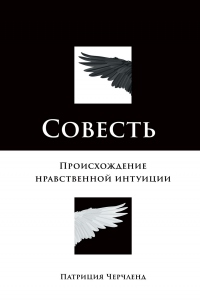Книга Психология совести. Вина, стыд, раскаяние - Евгений Ильин
На нашем литературном портале можно бесплатно читать книгу Психология совести. Вина, стыд, раскаяние - Евгений Ильин полная версия. Жанр: Книги / Психология. Онлайн библиотека дает возможность прочитать весь текст произведения на мобильном телефоне или десктопе даже без регистрации и СМС подтверждения на нашем сайте онлайн книг knizki.com.
Шрифт:
-
+
Интервал:
-
+
Закладка:
Сделать
Перейти на страницу:
Перейти на страницу:
Внимание!
Сайт сохраняет куки вашего браузера. Вы сможете в любой момент сделать закладку и продолжить прочтение книги «Психология совести. Вина, стыд, раскаяние - Евгений Ильин», после закрытия браузера.
Книги схожие с книгой «Психология совести. Вина, стыд, раскаяние - Евгений Ильин» от автора - Евгений Ильин:
Комментарии и отзывы (0) к книге "Психология совести. Вина, стыд, раскаяние - Евгений Ильин"
























